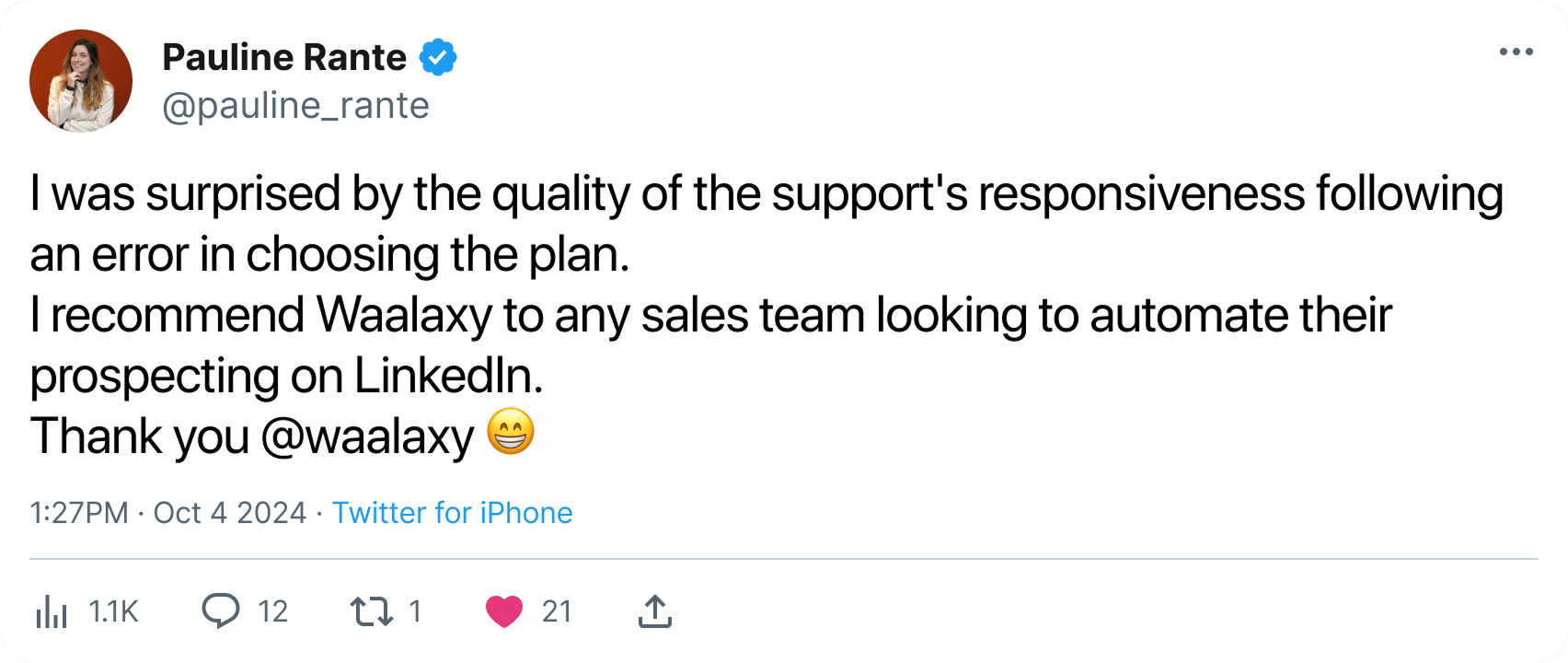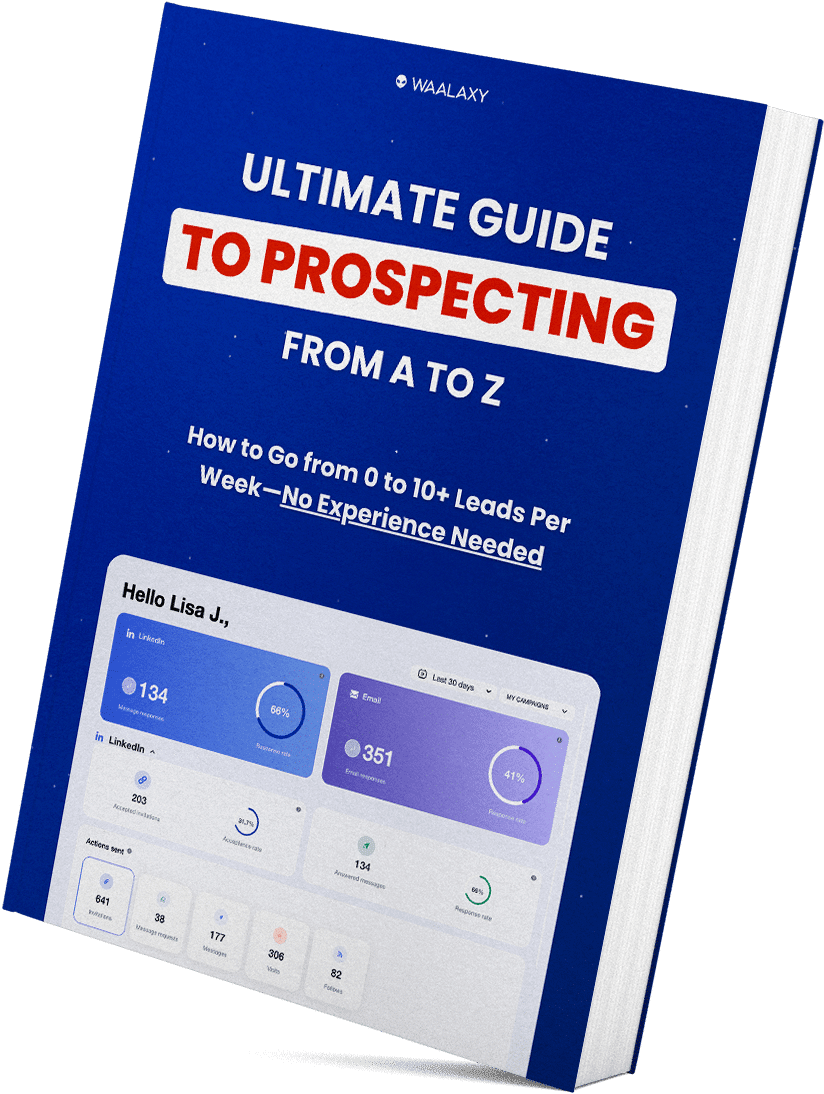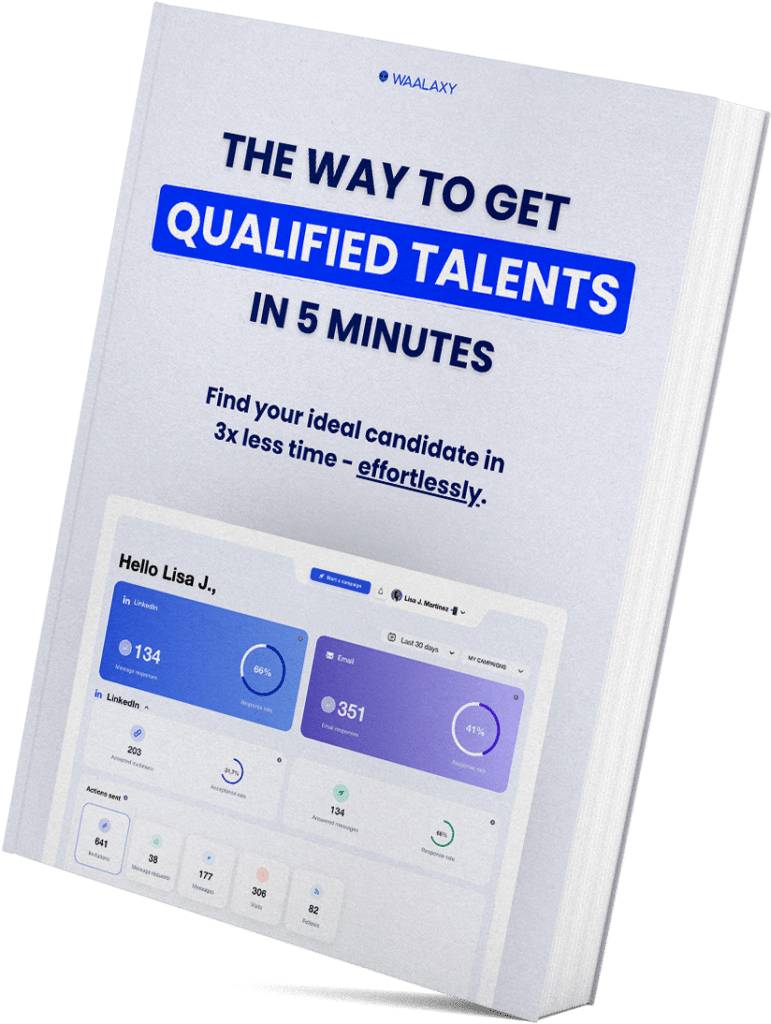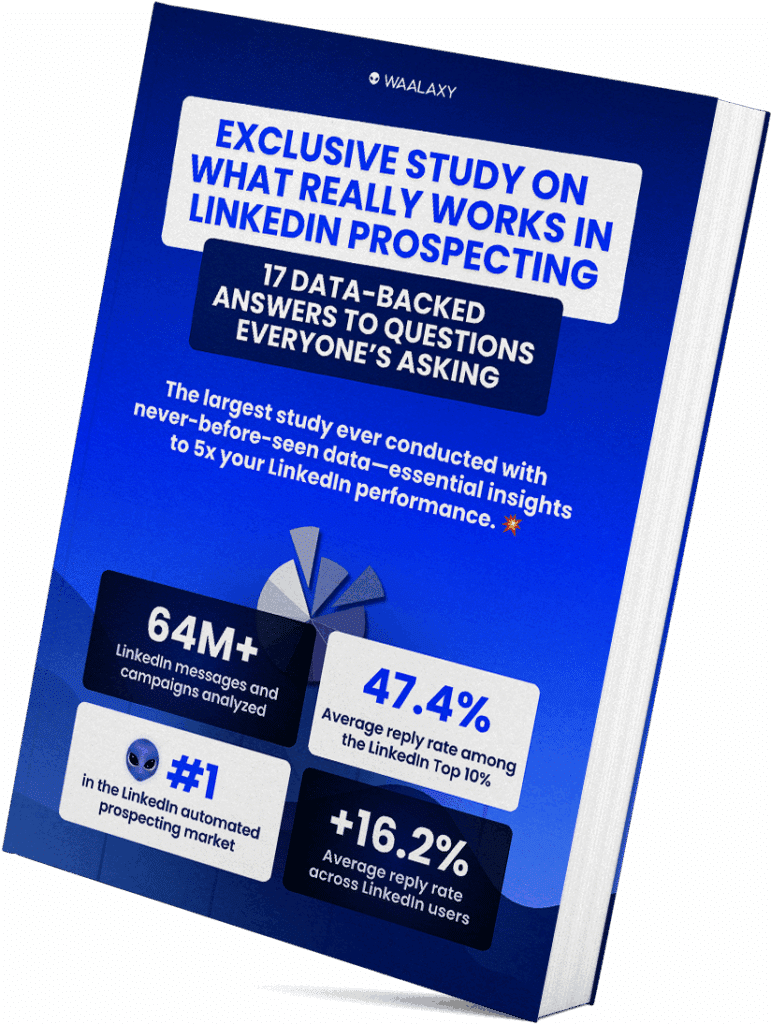If you’ve started posting on LinkedIn, you’ve probably heard of it. Engagement groups (or pods) allow you to obtain comments and likes, thus stimulating engagement on the post and therefore the reach of publications.
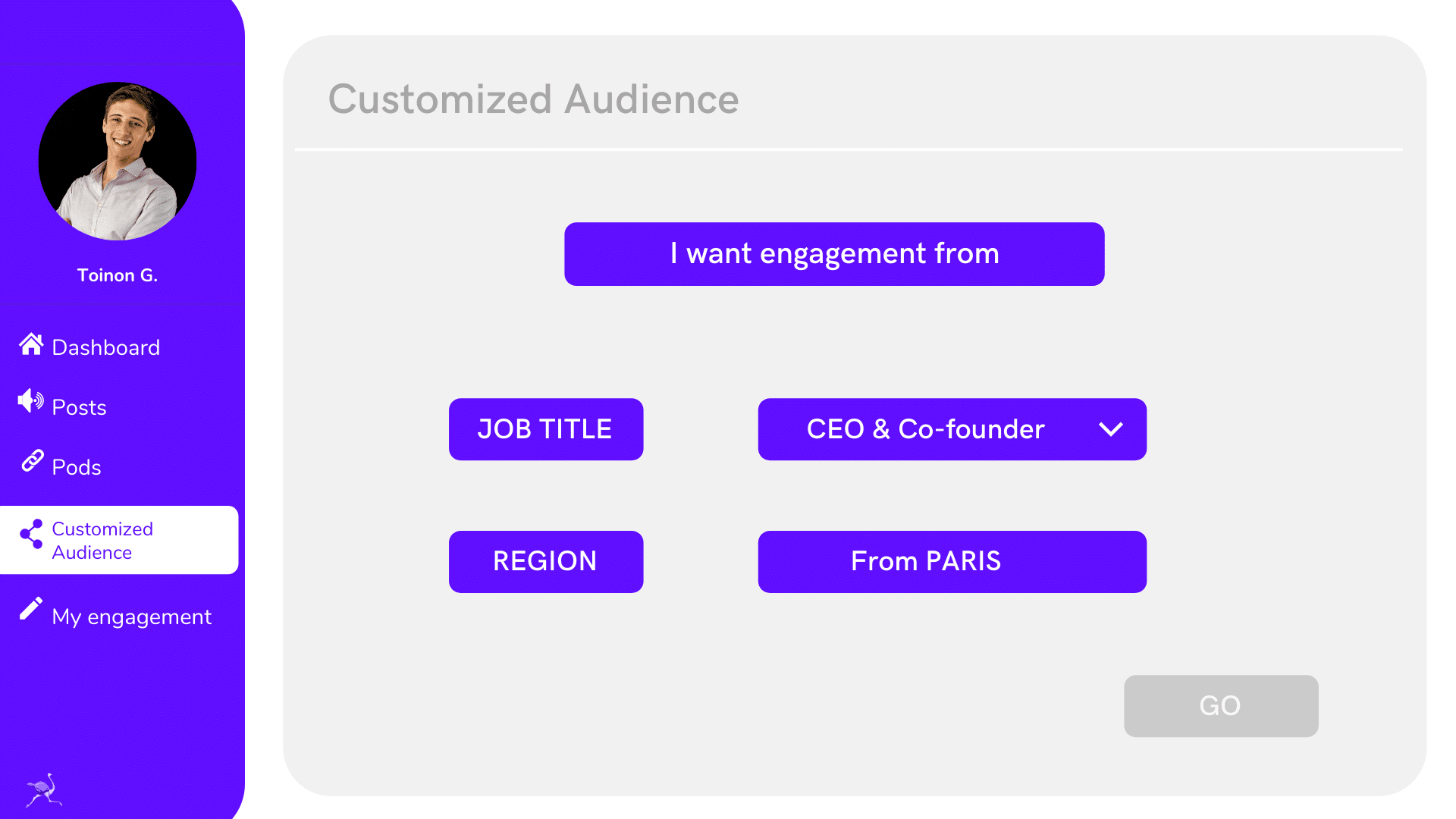
There are two types of pods: manual pods and automated pods.
Manual pods are very time consuming but provide very qualitative comments, which do not pose too much of a problem.
On the other hand, automated pods tend to look fake, that is to say, that an informed person can easily determine if you are using automated pods.
Not great, isn’t it?
Here are some tips to make it look a little less obvious.
Join pods in your own language
When John Smith, CMO of an American company comments on your post in French, it is very doubtful.
Choose pods in your language to get comments from people in your country.
This has two advantages:
- make the comments in question more credible
- increase your reach in the target language (the algorithm tends to show the content to the networks of people who engage with your posts)
Write good comments
And integrate them into your content creation process. Do not use comments offered by platforms like Lempod or Alcapod. Everyone recognizes them and they don’t add value to your content.
So take the time to write your own comments, as if you were a real user. Take sides for and against yourself to create a debate in the comments. Ask those around you to write a few for you if you lack inspiration.
By good comment, I mean something other than:
“Great Post”, “Super content”, “Always good content {{firstname}}” etc…
Write at least 5-6 comments of 2-3 lines. And use the following technique.
Make the best comments appear first
When users see your post, not all comments are displayed to them. Only the most popular by default, which received the most comments.
In order to hide some of your questionable comments, respond to the qualitative comments you wrote to bring them back to the overview. Likewise for the real comments left by your audience: respond to those comments first, because that’s called politeness and it makes it possible to engage with your audience, but it also hides all your false comments that follow, giving the impression that all the comments received are also real.
Keep a credible comments/likes ratio
Have you ever seen a post with 700 likes and 2 comments?
If you have already seen one, no doubt: he was using pods, and a bit too much!
We can be tempted to say “1 comment is worth about 10 likes in terms of weight for the algorithm. I will not write comments and multiply pods to increase the number of likes”
That’s possible, and on paper, it works. But you will admit that it is not very credible in the real world.
On organic posts, we observe a ratio of 1/3 to 1/20 comments/likes. I invite you to aim for 1/10, which is an effective and credible ratio.
Stay with credible and consistent volumes
You are an illustrious stranger and overnight your content gets 1,000 comments? Mmmh… doubtful.
As you have to keep credible like/comment ratios, keep credible and consistent volumes. Pods are powerful tools, but they should help you increase your reach, not become an uncontrollable machine that leaves thousands of comments.
If your content does not create an organic engagement on LinkedIn after a certain period of time, question it before increasing the volumes of your pods.
Well used, pods are a powerful tool, but to be used intelligently. You’re not obliged to follow my advice to remain credible, but you may suffer at some point.



